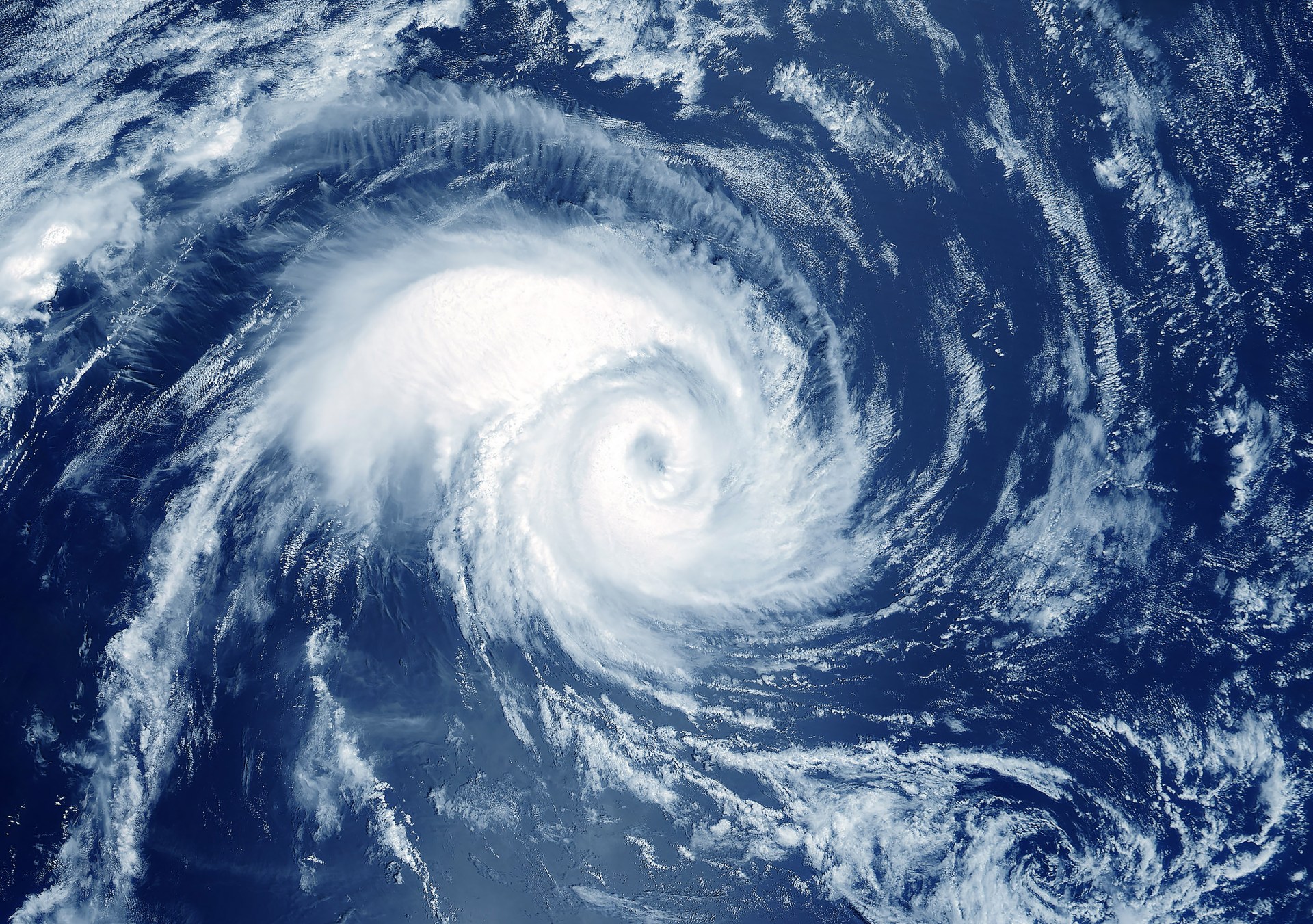When Hurricane Ida made landfall as the strongest storm to hit Louisiana on Aug. 29, 2021—the same day Hurricane Katrina slammed the Gulf Coast 16 years prior—David Piscola and his team at Hilton New Orleans Riverside were ready.
The hotel shut down reservations and shifted into triage mode. 5,000 flashlights, 9,000 gallons of water, pre-cut plywood, generators and other essential supplies were gathered. Standing agreements with local fire and police departments, as well as contracts with waste management and restoration companies, were already in place.
The property’s five-story garage provided a safe haven for fire trucks and other large emergency vehicles to stay dry from rising flood waters, and an adjacent 1,000-space parking lot housed tractor trailers loaded with remote refrigeration units and power supplies for recovery teams.
“Hurricanes that enter the Mississippi Delta can be devastating for New Orleans and, as Ida, Katrina and Laura showed us, can strengthen very quickly,” Piscola said. “So you have to stay on top of the forecast and make decisions early and quickly.”
Hurricane preparation starts in January. Hilton’s Safety and Security teams lead training sessions and share meteorologist forecasts for the forthcoming 182-day hurricane season (June 1-November 30). Properties in frequently impacted zones receive a hurricane preparedness checklist via Hilton’s crisis response mobile app to ensure they’re stocked on supplies like satellite phones, batteries, diesel fuel, non-perishable food items and sandbags.
“All hotels comply by completing and returning the checklist through our risk management system by late-May,” said Steve Zerang, regional safety and security director, Hilton. “Because if you’re scrambling around looking for lumber or generators two days before a storm hits—you’ll be out of luck.”
Zerang and his peers across Hilton’s Safety & Security teams coordinate with general managers utilizing apps and intelligence tools like the Hilton Visual Command Center. These tools serve as a one-stop-shop for all hurricane-related information and resources—from interactive tracking maps showing a storm’s proximity to Hilton properties, to real-time property status updates, to sharing lessons learned between severe weather events.
“Our technology truly sets us apart in emergency preparedness and response,” Zerang said.
And while the resources provided by Hilton are an invaluable part of a general manager’s ability to mitigate risk and ensure an exceptional guest experience, proactive planning to ensure every piece is in place is critical.
“The importance of establishing local relationships with both vendors and emergency responders well before hurricane season—and building them year-round—cannot be underestimated,” Zerang said. “Experienced general managers who have been through countless hurricanes have this down to a science.”
Once a storm hits, Hilton’s Incident Response Team (IRT), comprised of security directors and engineers, is deployed as the first “boots on the ground” to impacted areas, ensuring the safety of team members and guests, securing the property, and requesting any additional support required from Hilton. If needed, the IRT will support evacuation efforts by coordinating transportation and handling other logistics.
When Ida hit and Hilton needed to evacuate 300 guests from Hilton New Orleans Riverside, the IRT conducted reconnaissance to navigate around road closures and determine the safest and fastest route out of the city, then shuttled guests to Hilton Americas-Houston in a six-bus convoy guided and trailed by support vehicles.
“It feels chaotic in the moment, but the tremendous level of support we have from Hilton and our ownership group ensures a smooth and seamless experience,” Piscola said.
Once all guests were evacuated, the 1,622-room hotel reopened and became a homebase for first responders, insurance adjusters and energy staff working tirelessly to restore power in New Orleans.
In 2017, two Category 5 storms—Irma and Maria—impacted Puerto Rico within a two-week period.
“Hurricanes are not a once-in-a-lifetime phenomena here,” said Sharilyn Toko, general manager of Caribe Hilton in San Juan, Puerto Rico. “Preparing for and managing through storms is part of our standard operating procedure.”
Toko was managing the nearby Condado Plaza Hilton, where her team converted a 15,000-square-foot ballroom into a comfortable and safe space for guests to eat, sleep, track the storm and receive updates from staff.
“Our job is to keep guests safe and comfortable, and to provide the amenities and information they need during what can be an anxious time,” Toko said.
Following each storm, Hilton conducts a thorough after-action review to share lessons and identify opportunities for improvement. The company also takes steps to support team members who volunteer to work hurricane shifts and whose homes may have been damaged or destroyed.
While no one ever wants to experience a natural disaster in their area, Piscola said “it’s fulfilling to see team members rally to take care of each other and do whatever it takes to keep guests as comfortable as possible during these extraordinarily difficult situations.”
